Michael P. Lynch - The Internet of Us: Knowing More and Understanding Less in the Age of Big Data
Here you can read online Michael P. Lynch - The Internet of Us: Knowing More and Understanding Less in the Age of Big Data full text of the book (entire story) in english for free. Download pdf and epub, get meaning, cover and reviews about this ebook. year: 2016, publisher: Liveright, genre: Religion. Description of the work, (preface) as well as reviews are available. Best literature library LitArk.com created for fans of good reading and offers a wide selection of genres:
Romance novel
Science fiction
Adventure
Detective
Science
History
Home and family
Prose
Art
Politics
Computer
Non-fiction
Religion
Business
Children
Humor
Choose a favorite category and find really read worthwhile books. Enjoy immersion in the world of imagination, feel the emotions of the characters or learn something new for yourself, make an fascinating discovery.
- Book:The Internet of Us: Knowing More and Understanding Less in the Age of Big Data
- Author:
- Publisher:Liveright
- Genre:
- Year:2016
- Rating:5 / 5
- Favourites:Add to favourites
- Your mark:
The Internet of Us: Knowing More and Understanding Less in the Age of Big Data: summary, description and annotation
We offer to read an annotation, description, summary or preface (depends on what the author of the book "The Internet of Us: Knowing More and Understanding Less in the Age of Big Data" wrote himself). If you haven't found the necessary information about the book — write in the comments, we will try to find it.
With far-reaching implications, this urgent treatise promises to revolutionize our understanding of what it means to be human in the digital age.
We used to say seeing is believing; now googling is believing. With 24/7 access to nearly all of the worlds information at our fingertips, we no longer trek to the library or the encyclopedia shelf in search of answers. We just open our browsers, type in a few keywords and wait for the information to come to us. Indeed, the Internet has revolutionized the way we learn and know, as well as how we interact with each other. And yet this explosion of technological innovation has also produced a curious paradox: even as we know more, we seem to understand less.
While a wealth of literature has been devoted to life with the Internet, the deep philosophical implications of this seismic shift have not been properly explored until now. Demonstrating that knowledge based on reason plays an essential role in society and that there is much more to knowing than just acquiring information, leading philosopher Michael Patrick Lynch shows how our digital way of life makes us overvalue some ways of processing information over others, and thus risks distorting what it means to be human.
With far-reaching implications, Lynchs argument charts a path from Platos cave to Shannons mathematical theory of information to Google Glass, illustrating that technology itself isnt the problem, nor is it the solution. Instead, it will be the way in which we adapt our minds to these new tools that will ultimately decide whether or not the Internet of Thingsall those gadgets on our wrists, in our pockets and on our lapswill be a net gain for humanity. Along the way, Lynch uses a philosophers lens to examine some of the most urgent issues facing digital life today, including how social media is revolutionizing the way we think about privacy; why a greater reliance on Wikipedia and Google doesnt necessarily make knowledge more democratic; and the perils of using big data alone to predict cultural trends.
Promising to modernize our understanding of what it means to be human in the digital age, The Internet of Us builds on previous works by Nicholas Carr, James Gleick and Jaron Lanier to give us a necessary guide on how to navigate the philosophical quagmire that is the Information Age.
Michael P. Lynch: author's other books
Who wrote The Internet of Us: Knowing More and Understanding Less in the Age of Big Data? Find out the surname, the name of the author of the book and a list of all author's works by series.

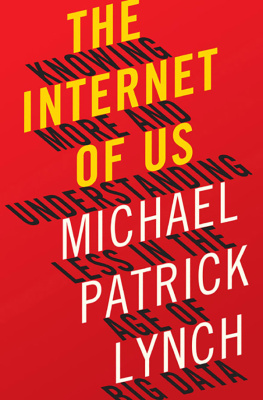
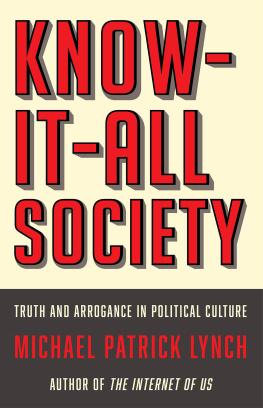
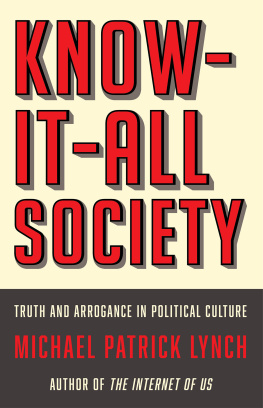
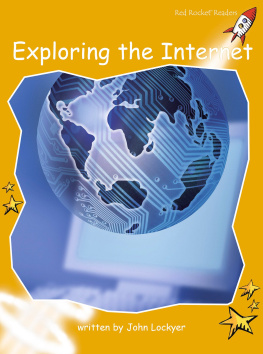
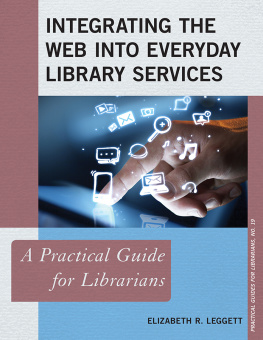
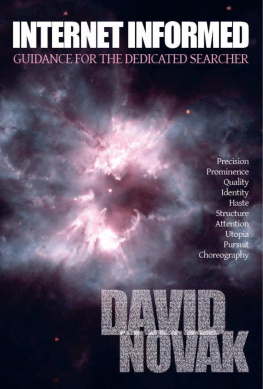
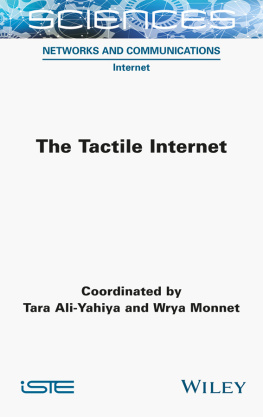
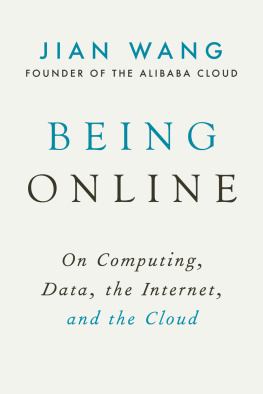
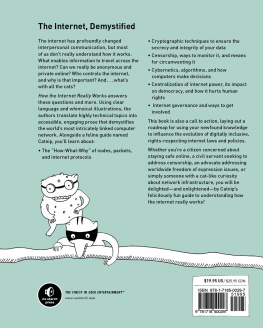
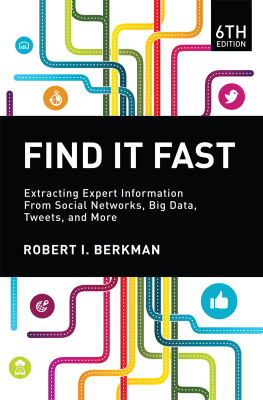
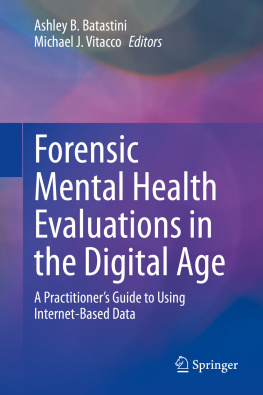
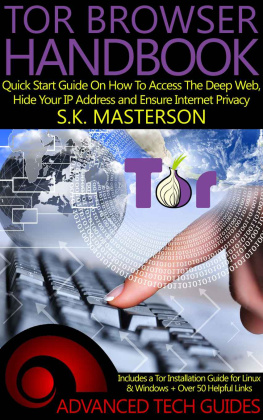

 The
The 
